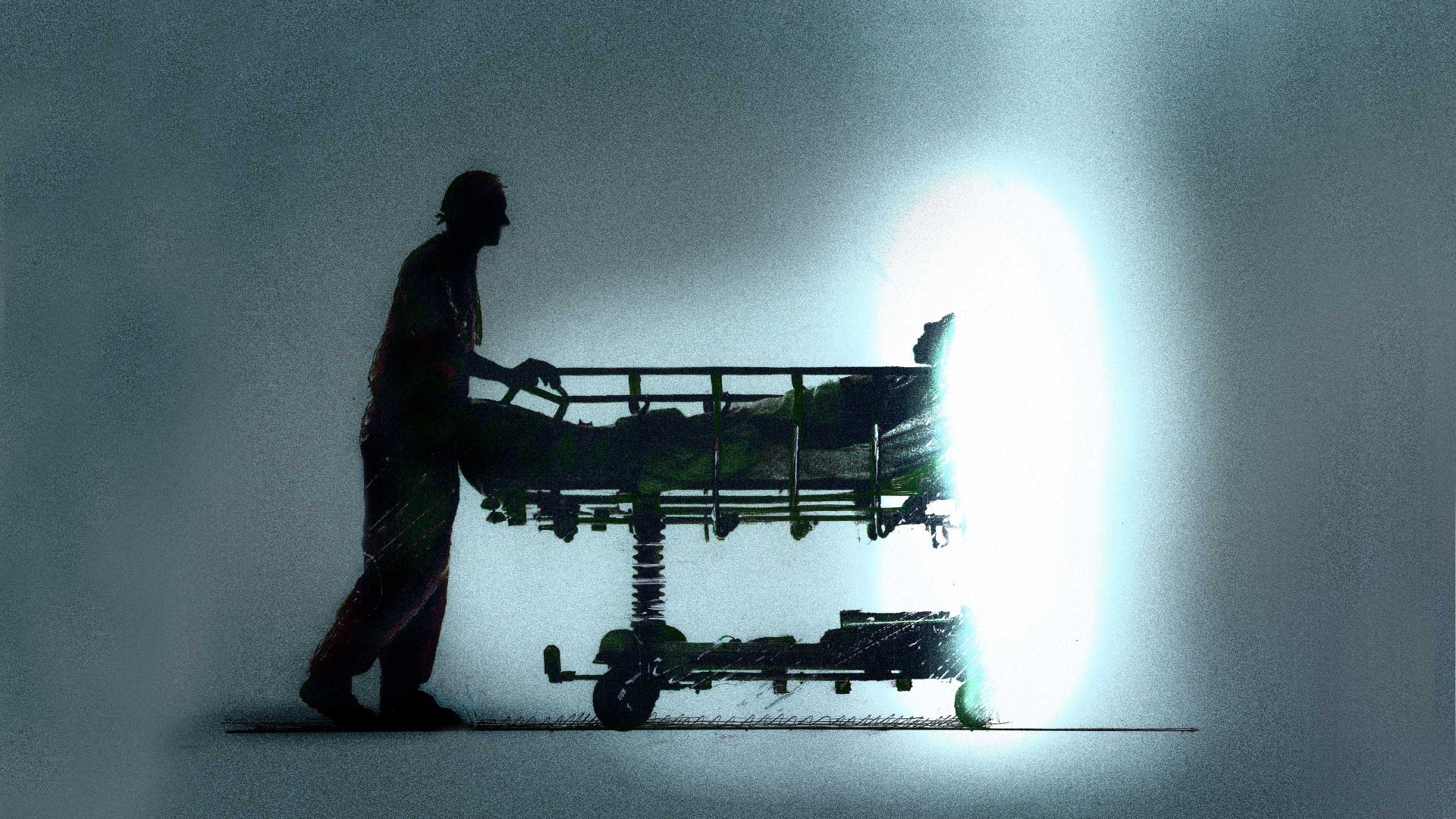Many people who are suffering from a terminal illness and in great pain quite reasonably want to end their lives. Should they be given medical help to accomplish this? The short answer is yes.
Yet a doctor or anyone else assisting a suicide in the UK risks prosecution, even though suicide itself has been legal since 1961. For the wealthier, there is the option of flying to Switzerland for a legal physician-assisted death, but that costs around £15,000.
For those who can’t afford this or don’t want to die abroad, there are few legal options apart from DIY. Yet there is some hope: the Labour leader Sir Keir Starmer has promised a free vote on the issue if he wins the next election.
In many other countries in Europe, assisted dying is already legal. The precise restrictions on who can be helped to die vary, but some form of it is permitted in Switzerland, the Netherlands, Germany, Austria, Italy, Portugal, Luxembourg, and in Belgium.
In France, the president, Emmanuel Macron, is backing a bill on assisted dying that goes to the National Assembly in May.
Typically, the option of a fatal dose is usually only given to the terminally ill who are of sound mind and in great pain, and who have expressed a wish to die. That is the kind of assisted dying regime that we can hope for here.
Such laws are humane and allow the dying to regain some control and dignity at the end of their lives. Even when the option isn’t taken, knowing that it is there if things get too bad can be a comfort.
One source of opposition to legalising assisted dying comes from those who believe in the sanctity of human life. This is the idea that just existing has intrinsic value and that no one should ever under any circumstances end their own life or help someone else to end theirs.
It often has a religious underpinning. Some Christians, for example, argue that life is God-given, and we should not presume to take it away.
On this view, the quality of a life doesn’t matter – it can be terrible and with no possible improvement, a daily torture, but still no one should kill themselves or get others to help them to do that.
Those who take this line are entitled to their views, and no one will compel them to opt for assisted dying themselves, but laws shouldn’t reflect minority attitudes to end-of-life suffering, although where possible there is a case for respecting diversity of viewpoints.
Perhaps more of an issue for getting an assisted dying bill passed in the UK is the worry that some people may be coerced to “choose” this rather than be a burden to relatives as their health declines.
That is a genuine concern, and anyone drafting legislation will do well to look at how this has played out in other countries where assisted dying has been practised to see the kind of safeguards that can be built into legislation to prevent this sort of abuse.
Another claim is that assisted dying laws are the first step down a slippery slope, or to use another cliched metaphor, the thin end of the wedge. This sort of objection plays on fears that once doctors can legally provide lethal doses for terminally ill people who are in great pain, before long we will be legalising other forms of killing.
First, in this scenario, there will be non-voluntary euthanasia (when those killed are not in a position to make judgments for themselves about whether or not to die, because, for example, they are in a coma); then we are heading down the slope to involuntary euthanasia (when people who don’t want to die are killed), until we end up with something like Nazi Germany.
Using terms like “slippery slope” or “thin end of the wedge” here is a form of rhetoric. Any skier knows that there are ways of stopping yourself going swiftly to the bottom of the mountain, and anyone who has used a door wedge knows that you don’t have to keep pushing that wedge further and further in.
There is no inevitability that a practice brought in out of a desire to reduce end-of-life suffering should lead to legalising murder.
Anyone who uses that sort of rhetoric should expect to be challenged about why they believe that slope is so slippery, and why other countries in Europe that have already legalised humane forms of assisted dying show no signs of ending up at the bottom of the mountain.



